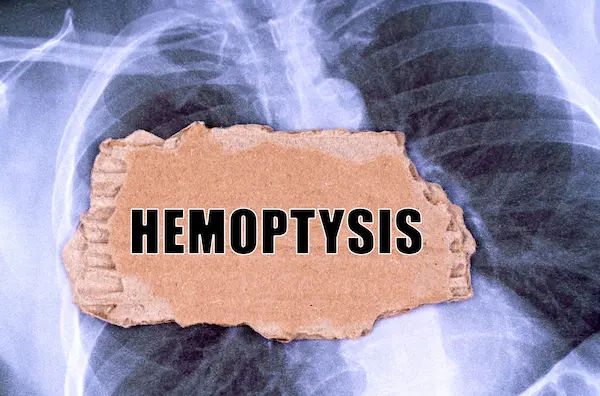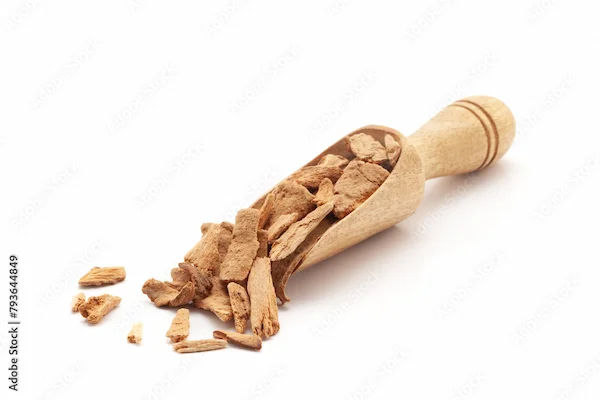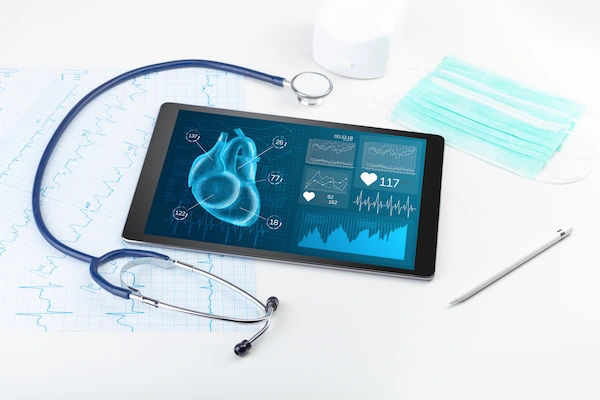Glomerular Filtration Rate Test and Normal Range
Understand the glomerular filtration rate (GFR) test, its role in assessing kidney function, normal ranges, and what deviations may indicate about your health.

Written by Dr. Rohinipriyanka Pondugula
Reviewed by Dr. Siri Nallapu MBBS
Last updated on 13th Jan, 2026

When it comes to kidney health, one of the most important tests doctors use is the Glomerular Filtration Rate (GFR) test. If you’ve been advised to get this test or have seen it in your lab reports, you might be wondering what it means and why it matters.
In this article, we’ll break down everything you need to know about the GFR test, including its normal range, why it’s important, and how you can keep your kidneys healthy.
What Is the GFR Test?
The Glomerular Filtration Rate (GFR) measures how well your kidneys are working. Specifically, it checks how much blood your kidneys filter per minute. The kidneys contain tiny filters called glomeruli, which remove waste and extra fluid from your blood.
A low GFR means your kidneys aren’t filtering blood as well as they should, which could indicate kidney disease.
Consult a Top Nephrologist
How Is GFR Calculated?
Doctors don’t measure GFR directly. Instead, they estimate it using a blood test for creatinine (a waste product from muscle activity) along with factors like:
- Age
- Gender
- Body size
- Race
This estimation is called the eGFR (estimated GFR).
What Is the Normal GFR Range?
A healthy GFR varies depending on age and other factors, but generally:
| GFR Level (mL/min/1.73 m²) | What It Means |
| 90 or above | Normal kidney function |
| 60-89 | Mildly reduced kidney function (common in older adults) |
| 30-59 | Moderate kidney damage (may need monitoring) |
| 15-29 | Severe kidney damage (close to kidney failure) |
| Below 15 | Kidney failure (dialysis or transplant may be needed) |
Note: GFR naturally decreases with age, so a slightly lower number in older adults may not always indicate disease.
Why Is the GFR Test Important?
Your kidneys play a crucial role in:
- Removing waste and toxins from your blood
- Balancing fluids and electrolytes
- Regulating blood pressure
- Producing hormones for red blood cell production
A low GFR can mean your kidneys aren’t working well, leading to:
- Buildup of waste in the body
- High blood pressure
- Anemia (low red blood cells)
- Weak bones
- Fluid retention (swelling in legs, face, or hands)
Early detection through a GFR test helps prevent further kidney damage.
Get Your Health Assessed
Who Should Get a GFR Test?
You may need this test if you have:
- Diabetes (a leading cause of kidney disease)
- High blood pressure
- Family history of kidney disease
- Symptoms like fatigue, swelling, or changes in urination
- Long-term use of medications that affect kidneys (e.g., NSAIDs)
If you fall into any of these categories, ask your doctor about getting tested.
How Can I Improve My GFR?
If your GFR is lower than normal, don’t panic—early action can help slow kidney damage. Here are some ways to support kidney health:
1. Manage Underlying Conditions
- Control blood sugar if you have diabetes.
- Keep blood pressure in check (below 120/80 mmHg).
2. Eat a Kidney-Friendly Diet
- Reduce sodium (salt) to avoid fluid retention.
- Limit processed foods high in phosphorus and potassium.
- Stay hydrated, but avoid excess fluids if advised by your doctor.
3. Avoid Harmful Substances
- Quit smoking (it reduces blood flow to kidneys).
- Limit NSAIDs (painkillers like ibuprofen)—they can harm kidneys.
4. Exercise & Maintain a Healthy Weight
- Regular physical activity helps control blood pressure and diabetes.
5. Get Regular Check-ups
- Monitor kidney function with routine GFR tests if at risk.
When Should I See a Doctor?
If your GFR is below 60, your doctor may recommend:
- More frequent testing
- Medications to protect kidney function
- Referral to a nephrologist (kidney specialist)
If you experience symptoms like fatigue, swelling, or changes in urine output, don’t ignore them early treatment makes a big difference.
Book a GFR Test with Apollo 24|7
Worried about your kidney health? Apollo 24|7 makes it easy to book a GFR test from home or at a nearby lab.
Final Thoughts
Your kidneys are vital for overall health, and the GFR test is a simple way to check how well they’re working. If your levels are low, early action can help protect your kidneys and prevent complications.
Consult a Top Nephrologist
Consult a Top Nephrologist

Dr Vinay Kumar A V
Nephrologist
8 Years • MBBS, MD - General Medicine, DM - Nephrology
Bilaspur
Apollo Hospitals Seepat Road, Bilaspur

Dr S P Omkumar
Nephrologist
6 Years • MBBS, MD NEPHRO
Chennai
Apollo Clinic, Valasaravakkma, Chennai

Dr. Sandeep Morkhandikar
Nephrologist
18 Years • MBBS, DNB, DM ( Nephrology)
Pune
Apollo Clinic, Viman Nagar, Pune

Dr. Archana Chiniwalar
Nephrologist
6 Years • MBBS, MD (Internal Medicine), DM (Nephrology)
Bengaluru
Apollo Medical Center, Marathahalli, Bengaluru

Dr. Pardha Saradhi
Nephrologist
9 Years • MBBS, MD-DNB (Gen. Med.), DNB (Nephro)
Hyderabad
Apollo Hospitals D R D O kanchanbagh, Hyderabad
(75+ Patients)
Consult a Top Nephrologist

Dr Vinay Kumar A V
Nephrologist
8 Years • MBBS, MD - General Medicine, DM - Nephrology
Bilaspur
Apollo Hospitals Seepat Road, Bilaspur

Dr S P Omkumar
Nephrologist
6 Years • MBBS, MD NEPHRO
Chennai
Apollo Clinic, Valasaravakkma, Chennai

Dr. Sandeep Morkhandikar
Nephrologist
18 Years • MBBS, DNB, DM ( Nephrology)
Pune
Apollo Clinic, Viman Nagar, Pune

Dr. Archana Chiniwalar
Nephrologist
6 Years • MBBS, MD (Internal Medicine), DM (Nephrology)
Bengaluru
Apollo Medical Center, Marathahalli, Bengaluru

Dr. Pardha Saradhi
Nephrologist
9 Years • MBBS, MD-DNB (Gen. Med.), DNB (Nephro)
Hyderabad
Apollo Hospitals D R D O kanchanbagh, Hyderabad
(75+ Patients)





